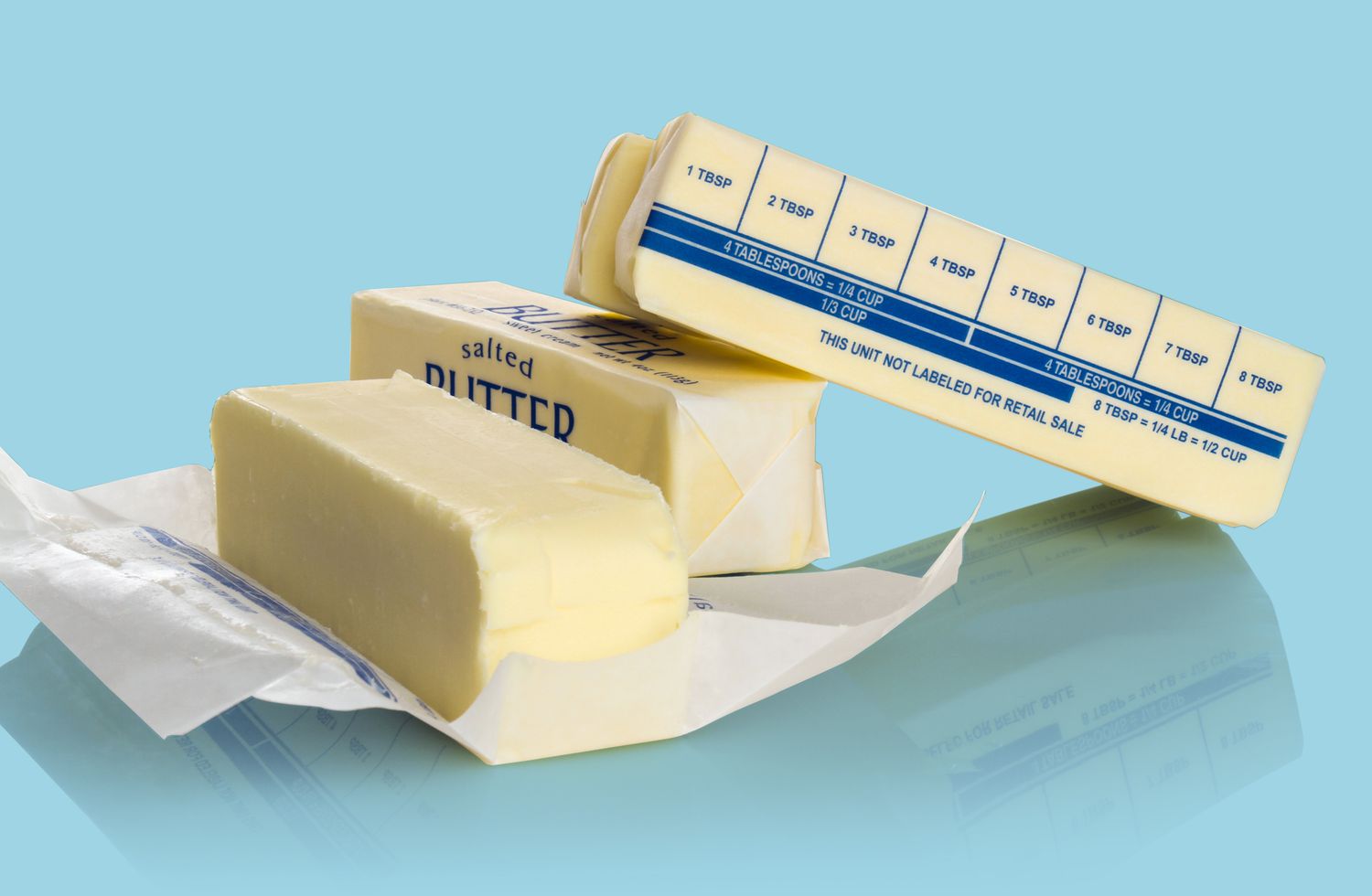
Butter, oh butter! This rich and creamy ingredient has been a staple in kitchens around the world for centuries. Whether you spread it on toast, use it in baking, or melt it over steamed vegetables, butter adds a deliciously indulgent touch to any dish.
But there’s so much more to butter than meets the eye. In this article, we’ll delve into the fascinating world of butter and uncover 13 surprising facts about this beloved dairy product.
From its ancient origins to its role in culinary history, you’ll discover the secrets behind butter’s golden hue and creamy texture. Join us as we explore the nutritional benefits of butter, the different types available, and even a few fun butter-related tidbits.
So, grab your spreader and come along on this buttery journey. Get ready to have your taste buds and your knowledge expanded as we uncover 13 fascinating facts about butter!
Key Takeaways:
- Butter has a rich history dating back to ancient times and comes in different types, each with unique benefits for cooking and health.
- Butter is not just for eating – it can be used as a natural moisturizer, has a role in traditional medicine, and even inspires iconic recipes.
Butter has a long history.
Butter has been used for thousands of years, with evidence of its consumption dating back to ancient times. It was first made by nomadic herders in the Middle East, and its popularity quickly spread across different cultures.
Butter is made from cream.
Butter is made by churning cream, a process that separates the fat solids from the liquid. The fat solids then combine to form butter, while the liquid left behind is known as buttermilk.
There are different types of butter.
Butter comes in various forms, including salted, unsalted, clarified, and cultured butter. Each type has its own unique characteristics, making it suitable for different culinary purposes.
Butter is a good source of vitamins.
Butter contains essential vitamins such as vitamin A, vitamin E, and vitamin KThese vitamins play a crucial role in maintaining healthy skin, promoting proper brain function, and supporting bone health.
Butter is a natural fat.
Unlike processed margarine or vegetable oils, butter is a natural fat that is easily recognized and metabolized by the body. It provides a reliable source of energy and helps in the absorption of fat-soluble vitamins.
Butter enhances the flavor of dishes.
Butter is known for its rich and creamy taste, which can enhance the flavors of various dishes. It is commonly used in baking, cooking, and as a topping for bread, vegetables, and popcorn.
Butter has a high smoke point.
Butter has a high smoke point, which means it can be heated to high temperatures without burning. This makes it ideal for frying and sautéing, adding a delicious flavor to the cooked food.
Butter can be stored in the freezer.
If you have extra butter that you want to preserve, it can be stored in the freezer for an extended period. Freezing butter helps to maintain its freshness and prevents it from spoiling.
Butter can be used as a natural moisturizer.
Butter has moisturizing properties that can nourish and soften the skin. When applied topically, butter can help alleviate dryness and provide relief for rough or chapped areas.
Butter has a role in traditional medicine.
In traditional medicine systems, such as Ayurveda, butter is valued for its healing properties. It is believed to promote digestion, strengthen the immune system, and improve overall well-being.
Butter can be used to make ghee.
Ghee is a form of clarified butter widely used in Indian cuisine. It is made by simmering butter to remove the milk solids, resulting in a rich, nutty flavor that is often used in cooking and frying.
Butter has a place in cultural celebrations.
Butter holds symbolic significance in various cultural celebrations and rituals. In some cultures, it is used in religious ceremonies, wedding ceremonies, or as an offering during festive occasions.
Butter has inspired iconic recipes.
Butter has inspired countless iconic recipes, from buttery croissants to buttercream frosting. Its rich and creamy texture adds a touch of decadence to many classic culinary creations.
So there you have it, 13 fascinating facts about butter. Next time you spread butter on your toast or use it in your favorite recipe, you’ll have a deeper appreciation for this versatile and delicious ingredient.
Conclusion
Butter has a rich history and plays a delicious role in many culinary creations. From its creation thousands of years ago to its versatility in cooking, there’s no denying that butter is an integral component of countless dishes around the world.
With its creamy texture and distinctive flavor, butter brings a sense of indulgence to everything it touches. Whether you’re spreading it on toast, using it to bake flaky pastries, or adding it to sauces and dishes to enhance their richness, butter adds that extra touch of decadence that elevates a meal from ordinary to extraordinary.
So the next time you enjoy a tasty dish or reach for a delicious slice of buttered bread, take a moment to appreciate the incredible history and impact of this delectable dairy product.
FAQs
1. Is butter unhealthy?
Butter is a source of saturated fat, but when consumed in moderation as part of a balanced diet, it can be enjoyed as a tasty and natural ingredient.
2. Can butter be substituted with margarine?
While margarine can be used as a substitute for butter in some recipes, it may have a different taste and texture. It’s best to experiment and see which option works best for your desired outcome.
3. Does butter have any health benefits?
Butter is a source of essential vitamins like A, E, D, and K, and also contains healthy fatty acids. However, it’s important to consume it in moderation to maintain a balanced diet.
4. Can butter be stored at room temperature?
Butter can be stored at room temperature for a short period, but to prevent spoilage and maintain its freshness, it is recommended to store it in the refrigerator.
5. Is butter suitable for lactose-intolerant individuals?
Butter has a very low lactose content, making it often well-tolerated by individuals with lactose intolerance. However, individuals should consult with a healthcare professional to determine their specific dietary needs.
Was this page helpful?
Our commitment to delivering trustworthy and engaging content is at the heart of what we do. Each fact on our site is contributed by real users like you, bringing a wealth of diverse insights and information. To ensure the highest standards of accuracy and reliability, our dedicated editors meticulously review each submission. This process guarantees that the facts we share are not only fascinating but also credible. Trust in our commitment to quality and authenticity as you explore and learn with us.


